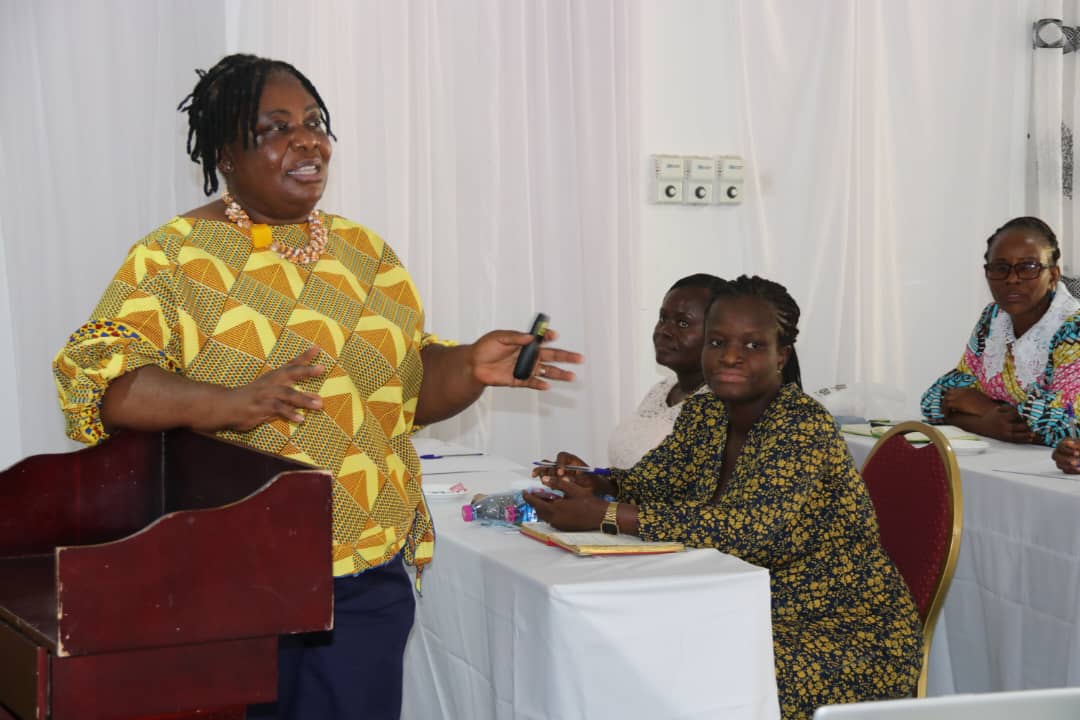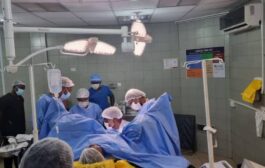The Eastern Regional Directorate of the Ghana Health Service (GHS) has expanded its HIV Point-of-Care (POC) testing for pregnant women to 15 out of the region’s 33 districts and municipalities .
This initiative aims to prevent Mother-to-Child Transmission (MTCT) of HIV by providing rapid results, enabling the timely initiation of treatment.
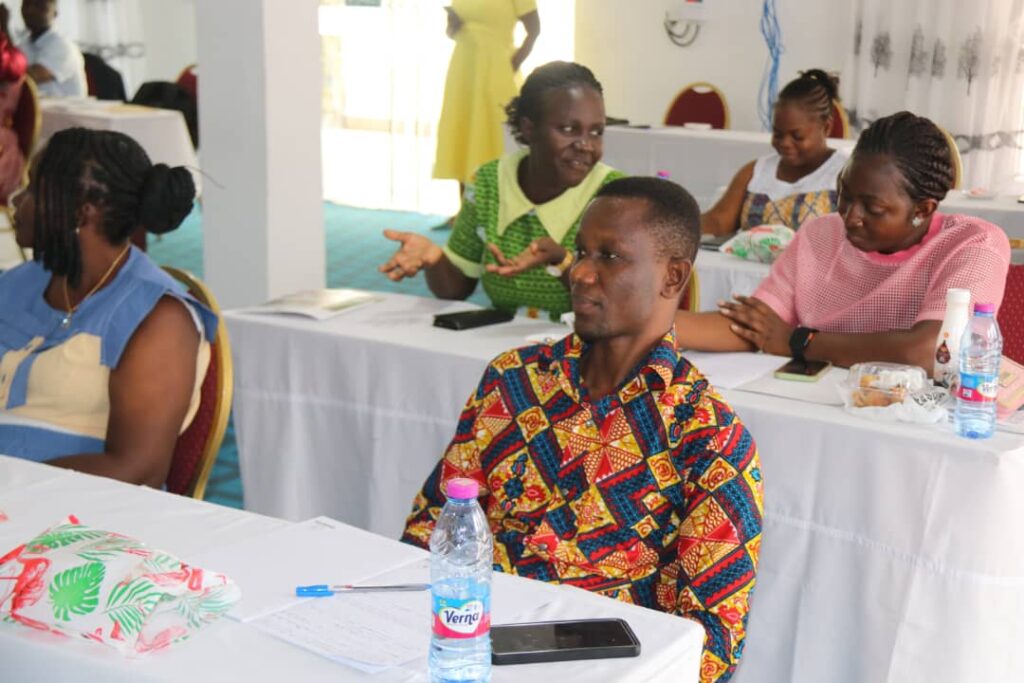
Previously, the Eastern Regional Hospital in Koforidua was the sole testing center for pregnant women in the region. Delays in receiving results often hindered early detection and intervention for HIV-positive women.
In 2023, national HIV and AIDS estimates revealed 17,774 new infections in Ghana, including 1,698 children under 15 and 1,520 adolescents. In total, 334,095 people were living with HIV, with a significant portion being women and children. This underscores the critical need for preventing vertical transmission of HIV.
Speaking to the media , Mrs. Gifty Addo-Tetebo, Eastern Regional HIV/AIDS/STI Coordinator, urged pregnant women to seek early antenatal care at health facilities offering POC services. “Going forward, we want every pregnant woman to access antenatal care,” she said. “While prayers from pastors or traditionalists are welcome, it is in the antenatal clinics that they can get the necessary services, including testing and counseling.”
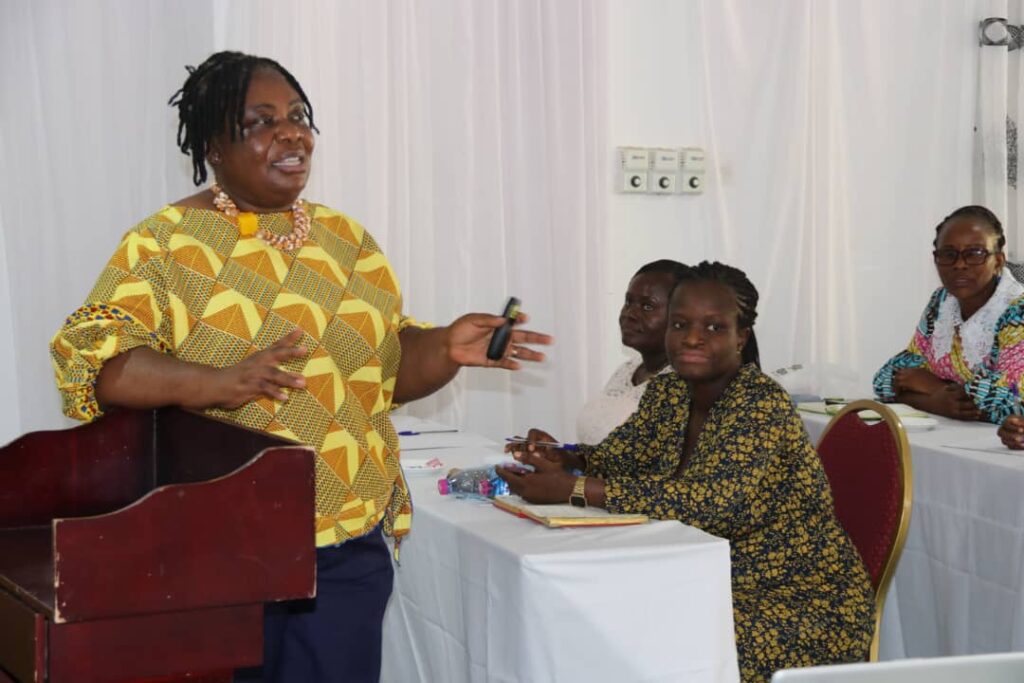
She added, “For those who test negative, we counsel them to remain negative and repeat the test at 34 weeks of gestation. For those who test positive, we immediately put them on treatment to prevent parental transmission. If babies are born, they will go through interventions to ensure they remain HIV-free.”
As part of this initiative, district public health nurses from the POC sites across the region are undergoing a two-day training in Koforidua to build their capacity in monitoring and supervision. This training aims to enhance the effectiveness of interventions to prevent MTCT of HIV.
Participants of the training expressed optimism about its potential impact. “This is an opportunity for us to help prevent HIV transmission among infants. We are here to learn and go back to our communities to create awareness,” said Nana Afua Konadu Agyemang, Principal Nursing Officer for Public Health in Abuakwa South.
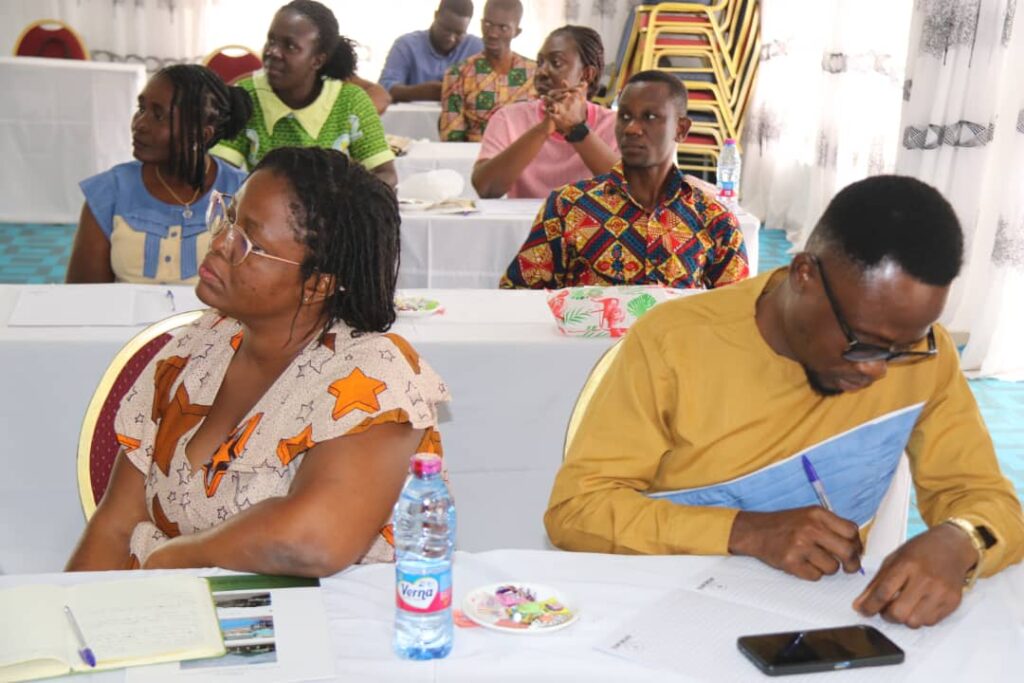
Comfort Selby, Deputy Director of Nursing for Asuogyaman District, added, “We will return to our communities to support community health nurses in identifying pregnant women, testing them, and ensuring their infants do not get infected with HIV. In our community, there are many hard-to-reach areas, but we have CHPS compounds, so we will empower community health nurses about HIV diagnosis among pregnant women.”
This effort by the Eastern Regional Health Directorate aligns with global commitments to eliminate MTCT by integrating these interventions into maternal, newborn, child, and adolescent health services, alongside efforts to strengthen health systems.
Source: Mybrytfmonline.com/Obed Ansah



